Biography
Henry Marie Joseph Frédéric Expedite Millon de Montherlant (French: [mɔ̃tɛʁlɑ̃]; 20 April 1895 – 21 September 1972) was a French essayist, novelist, and dramatist. He was elected to the Académie française in 1960. Born in Paris, a descendant of an aristocratic (yet obscure) Picard family, he was educated at the Lycée Janson de Sailly and the Sainte-Croix boarding school at Neuilly-sur-Seine. Henry's father was a hard-line reactionary (to the extent of despising the post-Dreyfus Affair army as too subservient to the Republic, and refusing to have electricity or the telephone installed in his house). His mother, a formerly lively socialite, became chronically ill due to the difficult childbirth, being bedridden most of the time, and dying at the young age of 43.
From the age of seven or eight, Henry was enthusiastic about literature and began writing. In 1905 reading Quo Vadis by Henryk Sienkiewicz caused him a lifelong fascination with Ancient Rome and a proficient interest in Latin. He also was enthusiastic about school comradeship, sports and bullfighting. When he was 15 his parents sent him alone to Spain where he became initiated in the corrida, killing two young bulls. He was also a talented draughtsman and after 1913 resorted to hiring young people in the street for nude modelling.
On 5 April 1912, aged almost seventeen, Henry was expelled from the Catholic Sainte-Croix de Neuilly school for being a "corruptor of souls". Together with other five youngsters he had founded a group called 'La Famille' (the Family), a kind of order of chivalry whose members were bonded by an oath of fidelity and mutual assistance. A member of that group was Philippe Jean Giquel (1897–1977), Montherlant's two-year-junior "special friend", with whom he was madly in love although it never became physical. According to Montherlant this "special friendship" had raised the fierce and jealous opposition of abbé de La Serre, who managed to get the older boy expelled. This incident (and Giquel) became a lifelong obsession for Montherlant, who would depict it in the 1952 play La Ville dont le prince est un enfant and his 1969 novel Les Garçons. Later, in his adult years, he would resume his platonic friendship with Giquel, who would invite the writer to be the godfather of his daughter Marie-Christine.After the deaths of his father and mother in 1914 and 1915, he went to live with his doting grandmother and eccentric uncles. Mobilised in 1916, he was wounded and decorated. Marked by his experience of war, he wrote Songe ('Dream'), an autobiographic novel, as well as his Chant funèbre pour les morts de Verdun (Funeral Chant for the Dead at Verdun), both exaltations of heroism during the Great War. His work was part of the literature event in the art competition at the 1924 Summer Olympics.
Montherlant first achieved critical success with the 1934 novel Les Célibataires, and sold millions of copies of his tetralogy Les Jeunes Filles, written from 1936 through 1939. In these years Montherlant, a well-to-do heir, traveled extensively, mainly to Spain (where he met and worked with bullfighter Juan Belmonte), Italy, and Algeria, giving vent to his passion for sexually abusing street boys. During the Second World War after the fall of France in 1940 he remained in Paris and continued to write plays, poems, essays, and worked as a war correspondent. At the height of his fame when the war broke out (he had been awarded the Grand Prix by the prestigious Académie Française in 1934), he initially described the German victory as evidence of the superiority of a virile, conquering race. Still, after Liberation he was not treated as harshly as those who openly and enthusiastically collaborated; the Committee for the Purification of Writers sentenced him in 1945 to only to one year of abstinence from publishing. In 1960, he was elected to a lifetime position at the Académie Française.Some time in 1968, according to Roger Peyrefitte, outside a movie theatre in Paris, 72-year-old Montherlant was attacked and beaten up by a group of youths because he had groped the younger brother of one of them. Montherlant was seriously injured and blinded in one eye as a result. The British writer Peter Quennell, who edited a collection of translations of his works, recalled that Montherlant attributed the eye injury to "a fall" instead; and mentions in confirmation that Montherlant suffered from vertigo.After going almost blind in his later years and becoming the target of scorners like Peyrefitte, Montherlant died in 1972 from a self-inflicted gunshot wound to the head after swallowing a cyanide capsule. His ashes were scattered by Jean-Claude Barat and Gabriel Matzneff in Rome, at the Forum, among the Temple of Portunus and into the Tiber.
His standard biography was written by Pierre Sipriot, and published in two volumes (1982 and 1990), revealing the full extent of Montherlant's sexual habits.
Filmography
all 13
Movies 13
Writer 10
self 2

L'affaire Matzneff (2020)
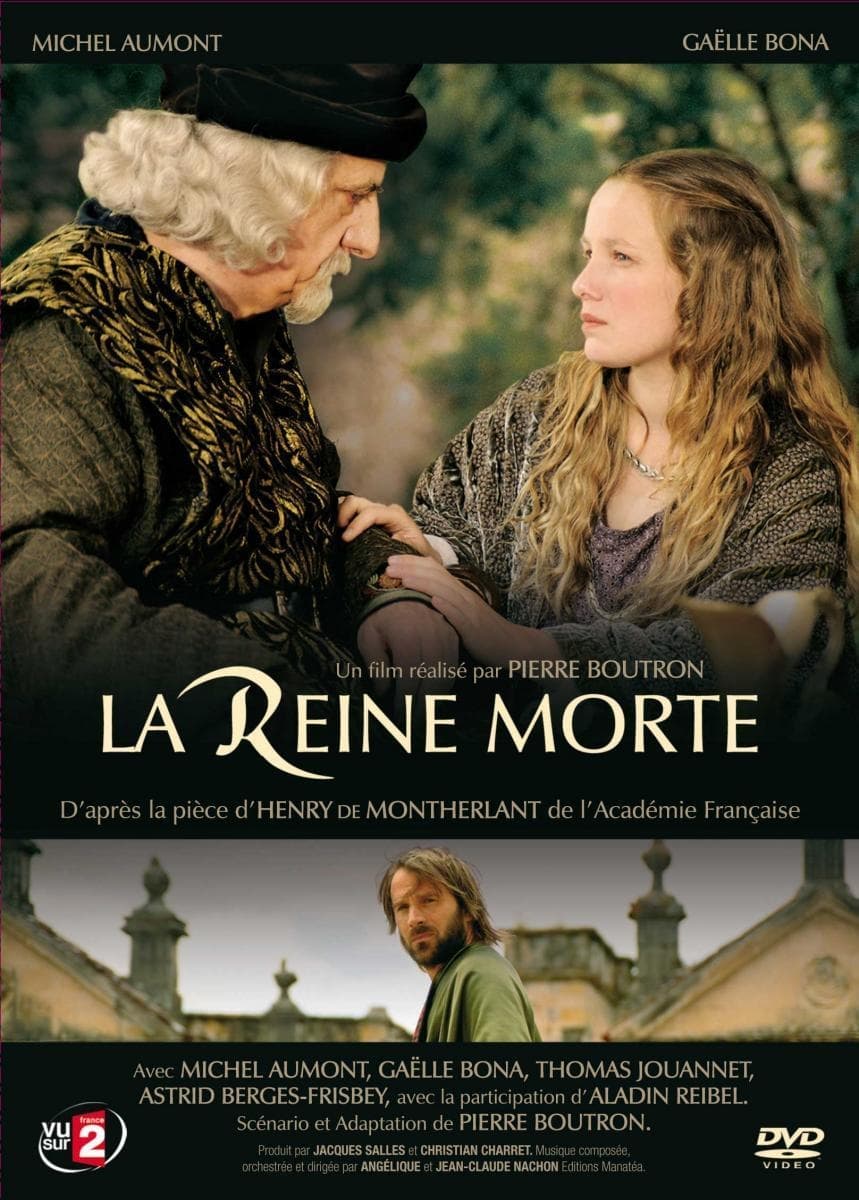
The Dead Queen (2009)
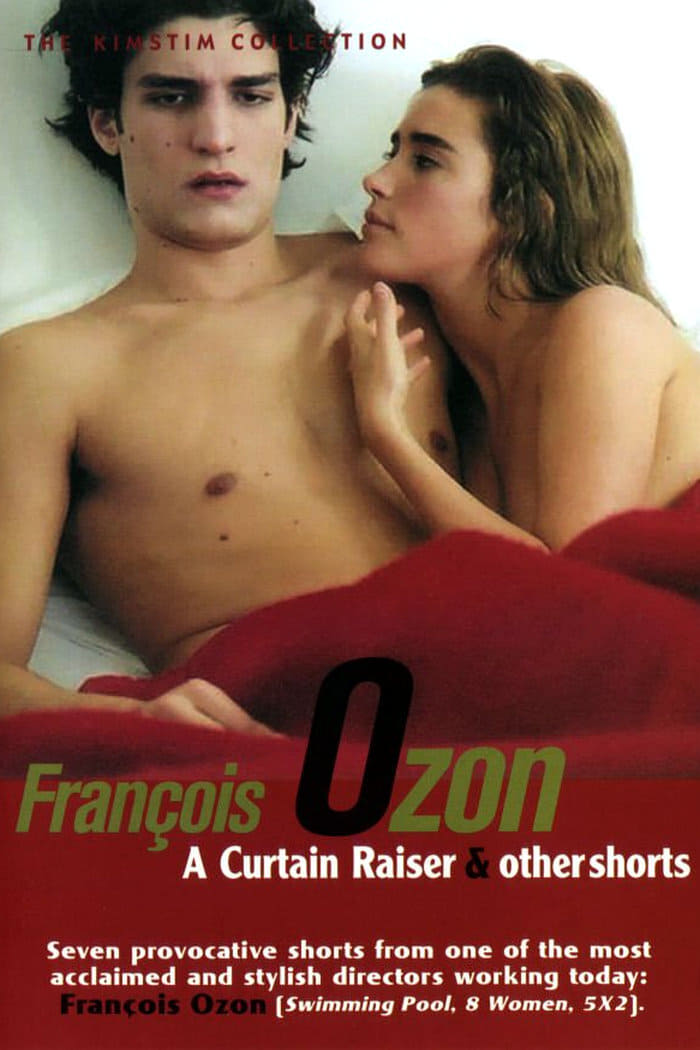
A Curtain Raiser & Other Shorts (2007)
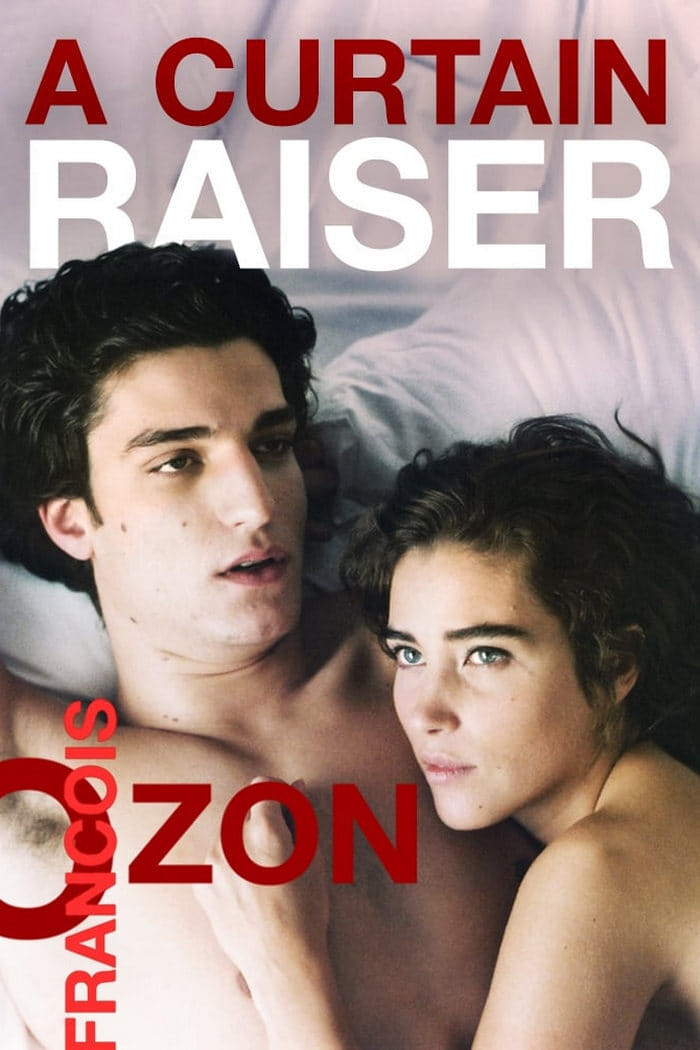
A Curtain Raiser (2006)
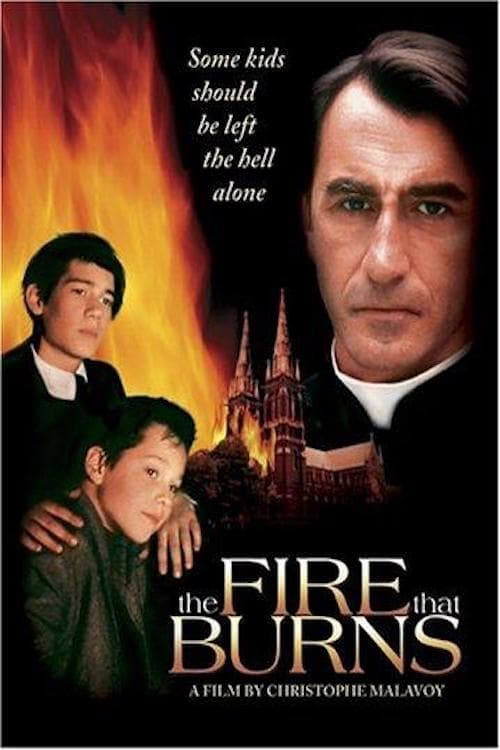
The Fire That Burns (1997)

Les Jeunes Filles (1979)

Le maître de Santiago (1974)

Mrtvá královna aneb Jak se zabíjejí ženy (1968)

Der Kardinal von Spanien (1965)

Port Royal (1965)
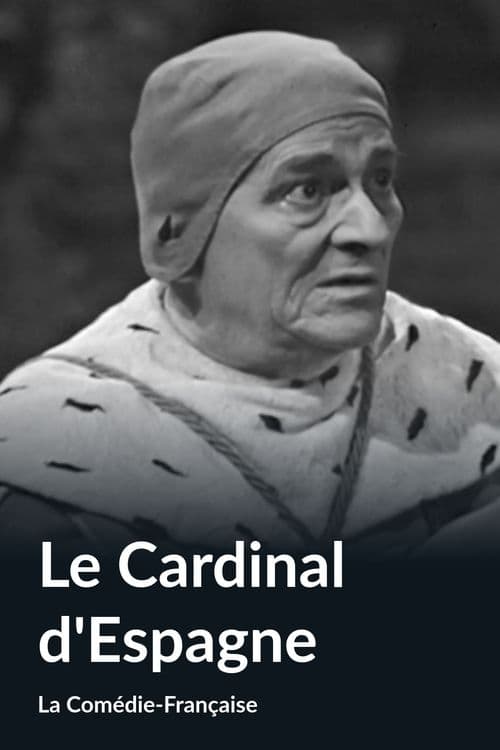
Le cardinal d'Espagne (1964)

Les célibataires (1962)
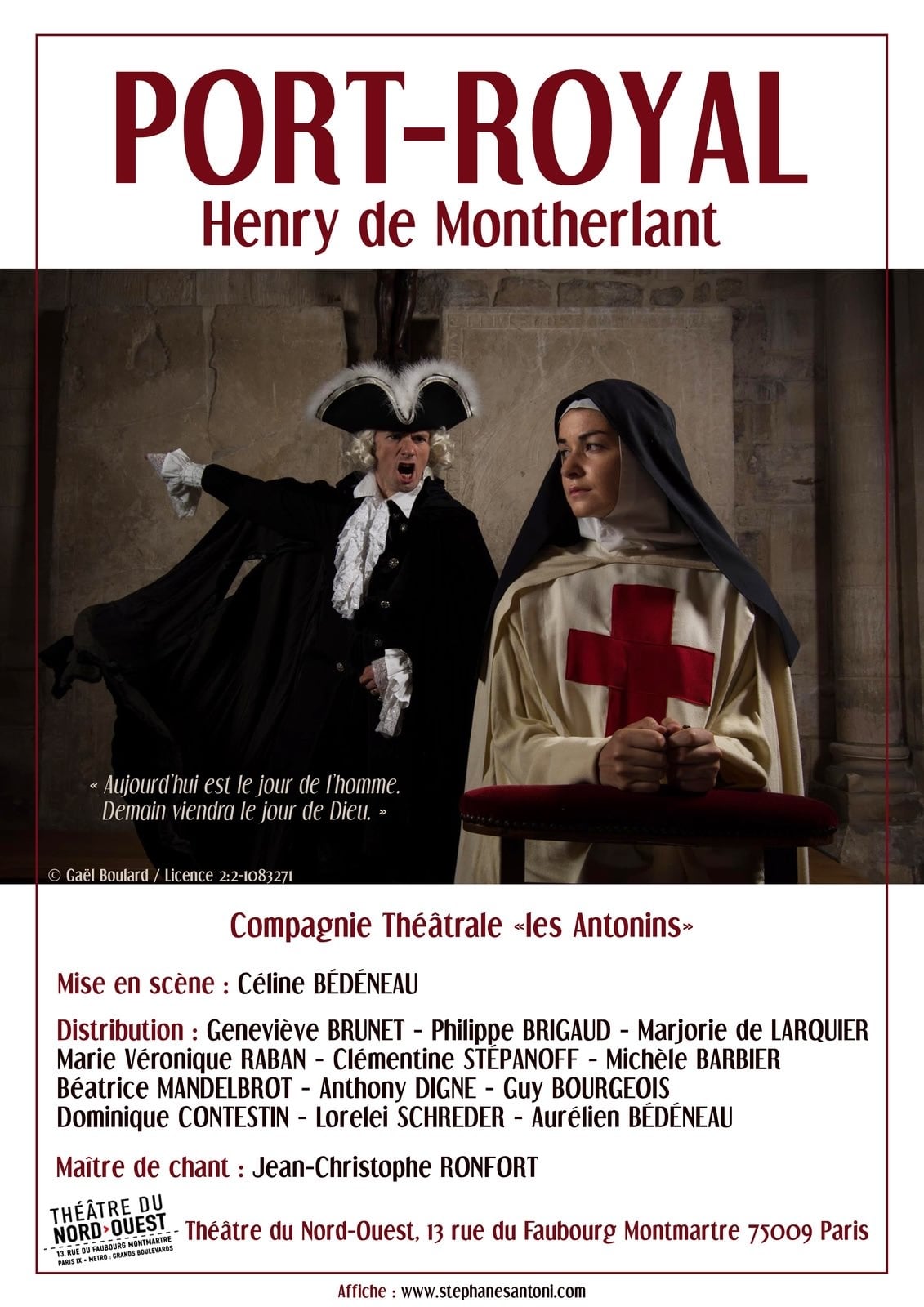
Port-Royal (1960)
Ratings
Information
Known ForWriting
GenderMale
Birthday1895-04-20
Deathday1972-09-21 (77 years old)
Birth NameHenry Marie Joseph Frédéric Expédite Millon de Montherlant
Birth Place7th arrondissement of Paris, France
CitizenshipsFrance
Residencesrue Lauriston, France
AwardsGrand prix de littérature de l'Académie française, Croix de guerre 1914–1918, Montyon Prizes, Officer of the Legion of Honour, Northcliffe Prize
This article uses material from Wikipedia.
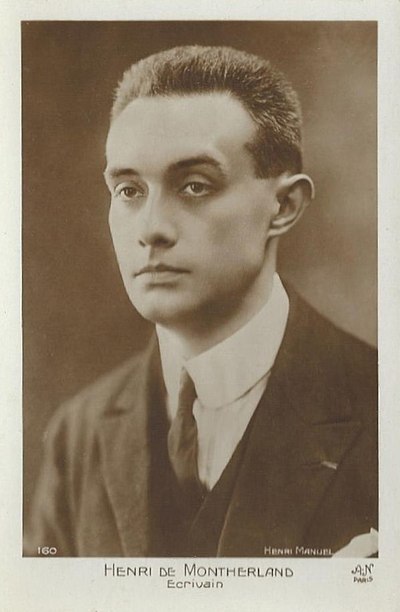 Henry de Montherlant
Henry de Montherlant- Filmography
- Information